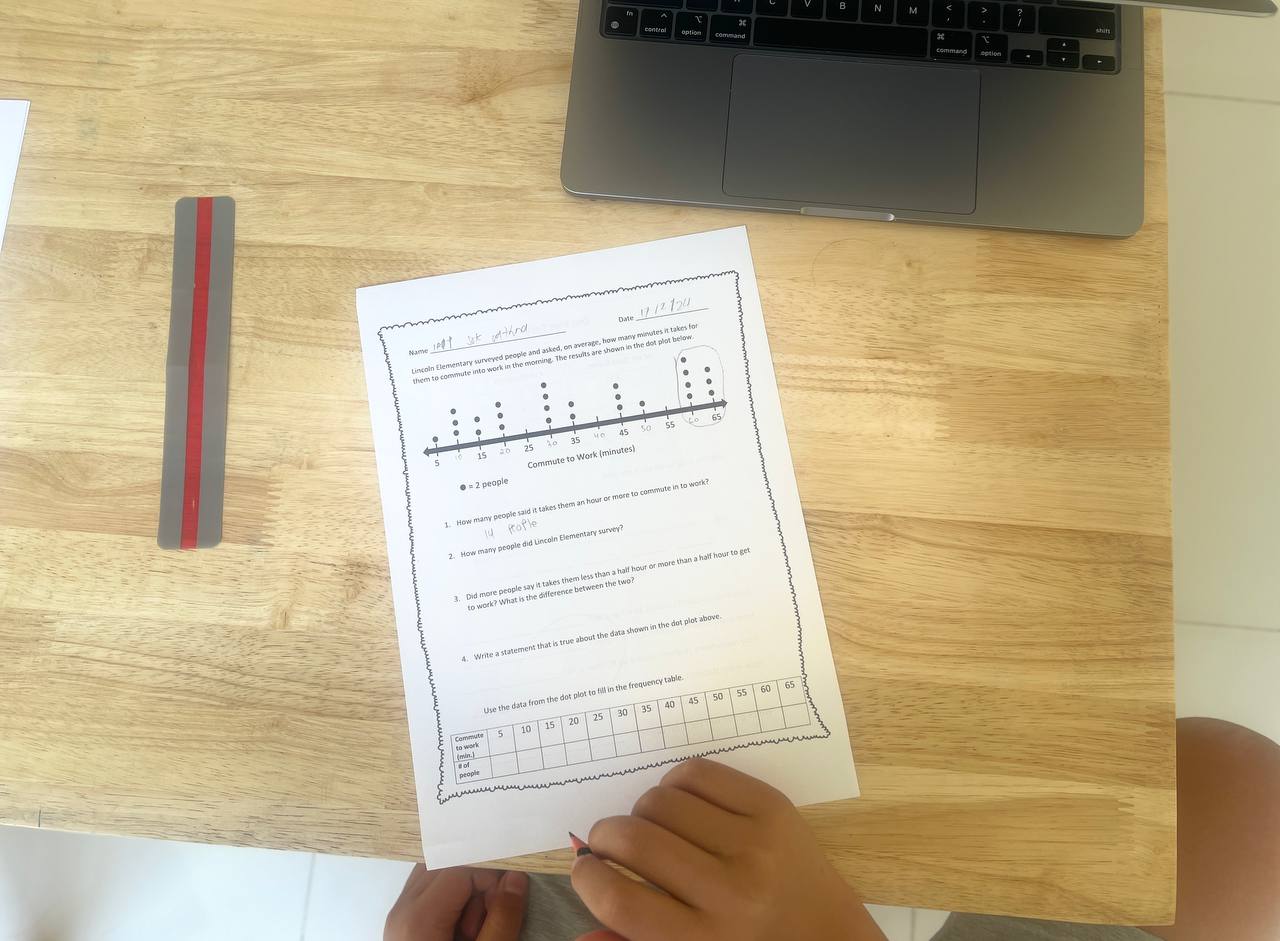Math anxiety? Not just for adults. Children with special needs can face unique challenges in grasping mathematical concepts, impacting their academic journey and potentially limiting future opportunities. But fear not, educators and caregivers! By understanding these challenges and implementing effective strategies, we can unlock the mathematical potential within every child.
Understanding the Landscape:
First, let’s acknowledge the diverse landscape of special needs. Learning disabilities, attention deficit hyperactivity disorder (ADHD), autism spectrum disorder (ASD), and visual or auditory impairments are just a few examples. Each presents distinct hurdles in math learning. Children with dyscalculia, for instance, might struggle with number sense and spatial reasoning, while those with ADHD might face difficulties with focus and organization.
Building a Strong Foundation:
Regardless of the specific needs, concrete manipulatives are a game-changer. Imagine counting teddy bears instead of abstract numbers, or adding blocks to visualize addition. These tangible objects provide a foundation for understanding abstract concepts. Multisensory learning also plays a crucial role. Integrate visual aids, real-life examples, and movement whenever possible. Imagine coloring fraction strips to understand proportional relationships or clapping out rhythms to grasp multiplication tables.
Tailoring the Approach:
Remember, one size does not fit all. Individualized instruction is key. Break down complex concepts into smaller, achievable steps. Provide clear and concise instructions, avoiding jargon and focusing on essential information. Repetition is your friend, but avoid drills. Present the same concept in different ways to keep engagement high.
Technology’s Helping Hand:
Educational technology offers a wealth of tools. Interactive apps, games, and simulations can make learning math fun and engaging. Use them to supplement, not replace, traditional methods. Ensure chosen apps align with curriculum objectives and individual needs.
Embrace Collaboration:
Building a support network is vital. Work closely with special education teachers, therapists, and parents. Share teaching strategies, progress reports, and celebrate successes together. Consider incorporating peer-to-peer learning, where children with different strengths can support each other.
By understanding the challenges, implementing effective strategies, and fostering a supportive environment, we can empower children with special needs to not only grasp mathematical concepts but also unlock their full potential and confidently navigate the world around them.
Find out if your child needs extra support today!
- My child screams hysterically
- My child is mean to other children
- My child is always worried
- My child is scared to go to school
- My child is scared of loud noises
- My child doesn’t know how to read
- My child is scared to play outside
- My child does not respond to his name
- My child always gets in trouble
- My child fights with other children
- My child doesn’t know how to count
If you are concerned about your child’s development, contact us for Assessments: Phone/Telegram: 077.455.993 – Telegram Link: https://t.me/OrbRom
If you are concerned about your child’s development, contact us for Assessments.
Phone/Telegram: 077.455.993 Link: https://t.me/OrbRom






Leave A Comment